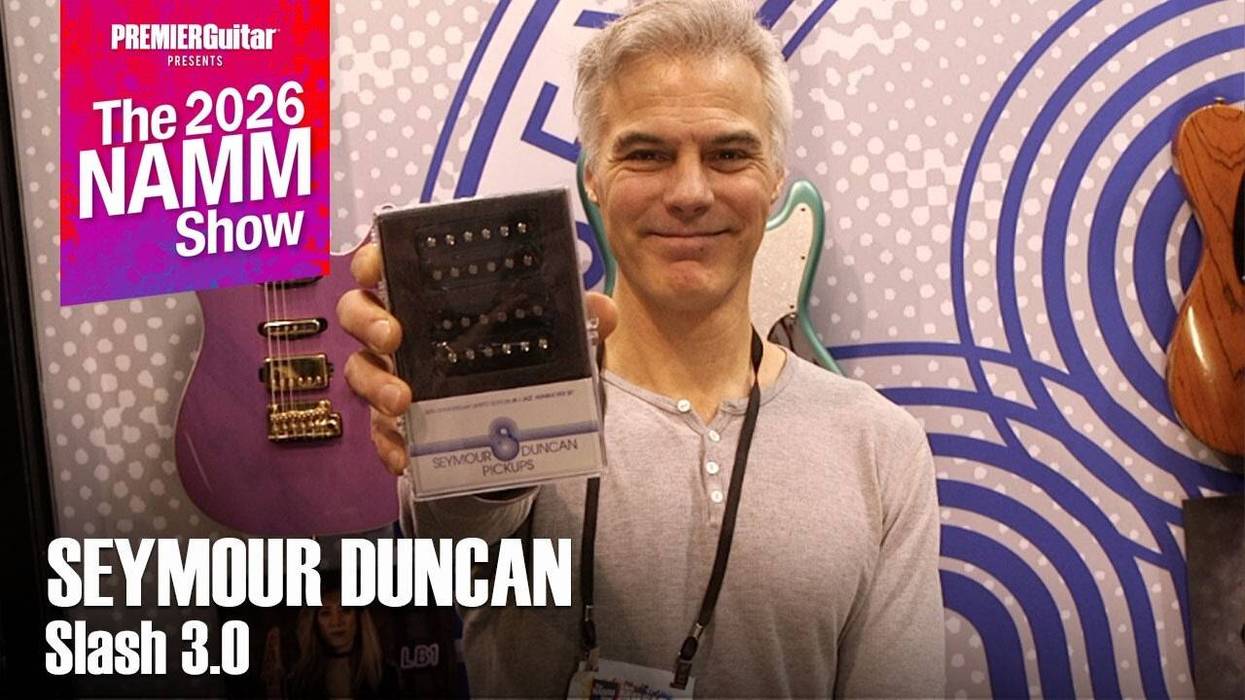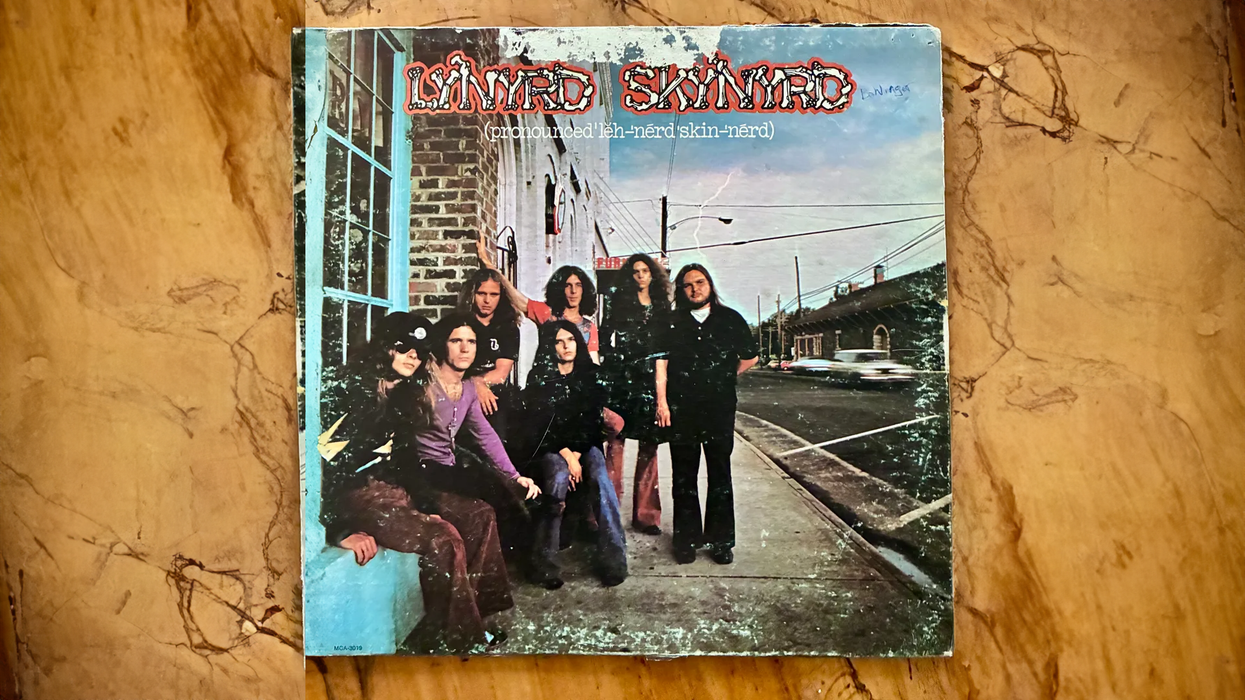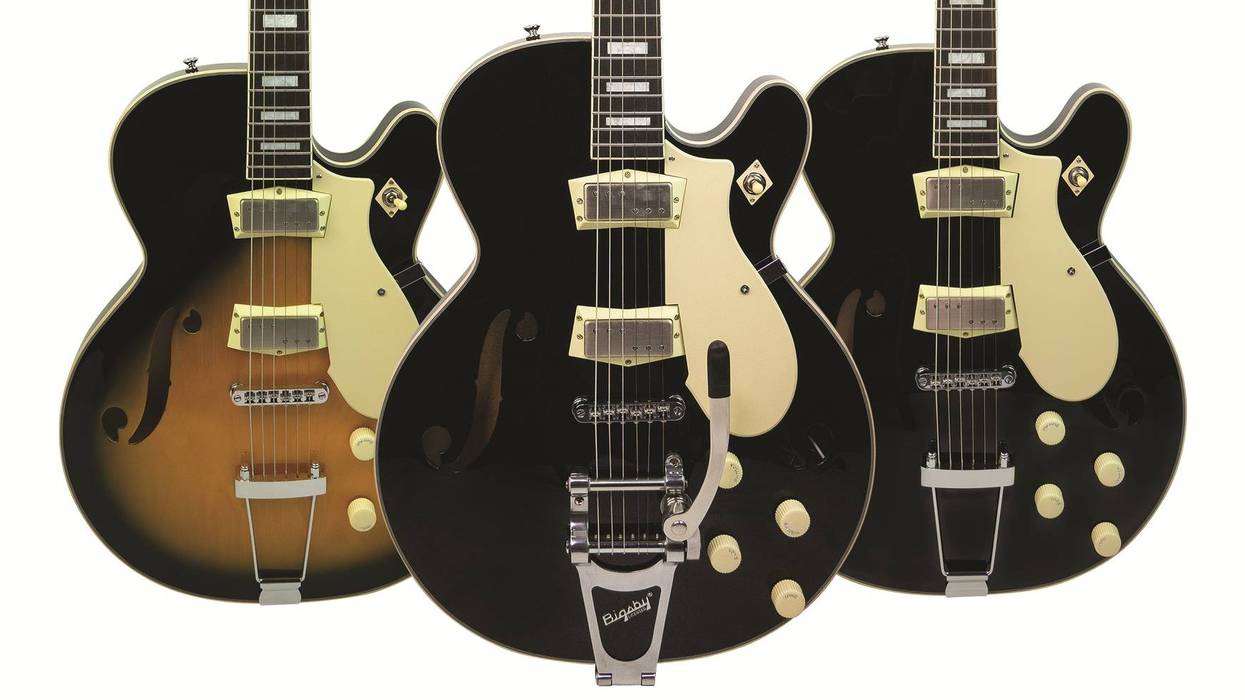Today I got me panties in a twist from what should have been a pretty innocuous source—an article heralding a band’s debut album. The band name doesn’t matter. What riled me was a quote from the guitarist.
“You can’t run from your influences.”
I’ll admit that the cookie-cutter badassery of the dudes pictured above the text is probably what pushed me over the edge. My gag reflex is strong when it comes to guys in leather vests, copious amounts of scarves, and/or unbuttoned shirts making duck faces to a camera as they strut around in high-heeled boots, sunglasses, and boutique jeans that cost as much as half my wardrobe.
So maybe I overreacted. Maybe I don’t know his intentions or the full context. But after heading online to listen to the band’s 70/30 blend of cock rock and Nashville boardroom ballads, the guitarist’s pontificating just seemed like coy justification for the MO that it’s perfectly fine to rip off your heroes.
Strangely, I thought of the recent rant from British actor Simon Pegg, star of Shaun of the Dead and recent installments of Mission Impossible and Star Trek. He told Radio Times:
“[P]art of me looks at society … and just thinks we’ve been infantilized by our own taste. Now we’re essentially all consuming very childish things … Films used to be about challenging, emotional journeys or moral questions that might make you walk away and re-evaluate how you felt about ... whatever. Now we’re walking out of the cinema really not thinking about anything, other than the fact that the Hulk just had a fight with a robot.”
Critics thought it was rich that such a critique came from Pegg, whose autobiography is titled Nerd Do Well.
Wait, weren’t we talking about music? I know, I know—hear me out: Pegg—whose work with director/co-writer Edgar Wright and actor Nick Frost is exceptionally witty and surprisingly nuanced—was pointing out that comic books, science fiction, and other heady fringe interests that used to get kids beat up or mocked in the ’80s are now mostly bullshit dumbed down for bigger audiences and wider paraphernalia distribution.
Music’s no different. Stuff that used to be edgy—and not just swaggering rock ’n’ roll—is now shooting off the end of virtual conveyor belts and burying us in a pile of throwaway MP3s. Sure, there’s always been and always will be crap movies, music, etc., but it’s hard to argue that 21st-century digital living hasn’t fractured our attention, affected our capacity for depth, and increased our appetite for fleeting fluff.
And that makes it tough, because as musicians we’re influenced by everything we hear. And the adventurous aren’t just influenced by music, but by any auditory sensation. If you like a song, riff, or, say, the sound of water on the brink of boiling, it’s going to wedge into your brain and become part of the mysterious mélange that affects your playing, writing, and recording. If you hate it, it’ll also affect musical decisions.
But while you can’t detach your brain from the sonic snapshots in your labyrinthine cranial scrapbook, you can vigilantly watch out for instances when you sound way too much like your favorites and take corrective action. And here’s a thought: If it’s literally impossible to escape your influences, doesn’t that fact alone make an effing good case for trying extra hard to be less obvious about it? Isn’t that more in the spirit of the greatest musicians? Pick any world-changing artist, and you can hear plain as day that they changed the world by not being what was already here. That doesn’t mean they despised the music around them. But they wouldn’t settle and they filtered influences in a new way.
So yeah, you’ll never fully escape your influences—and who’d want to?—but at least cutting the umbilical and consciously trying to be your own person will result in a less obvious sampling from your brain stew. Otherwise, wittingly or unwittingly, you’re just cranking out stuff for that conveyor belt.


















